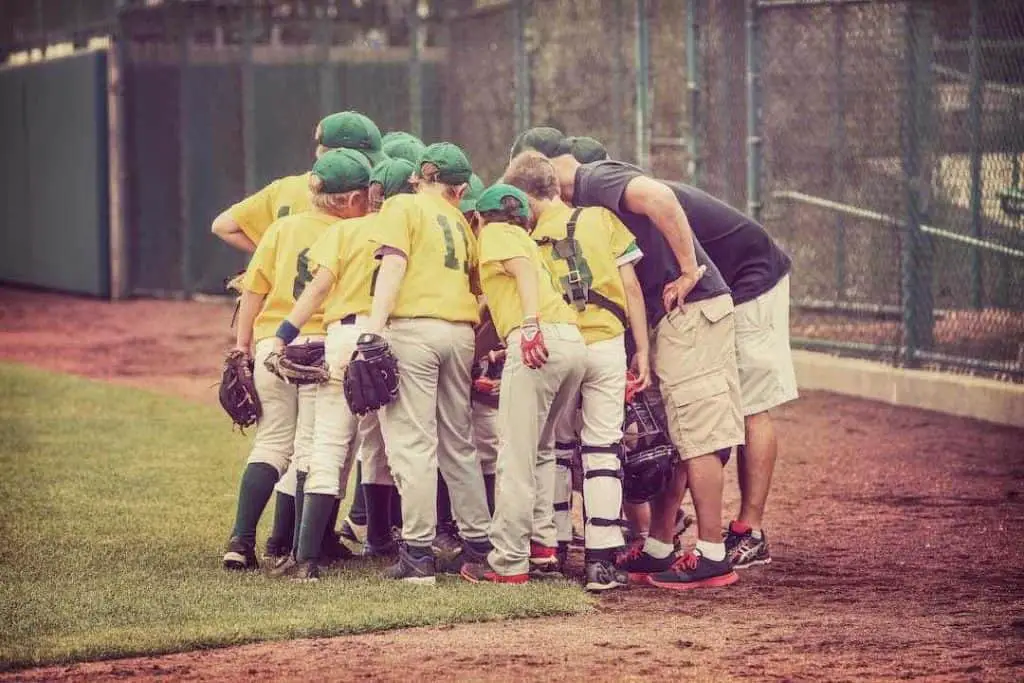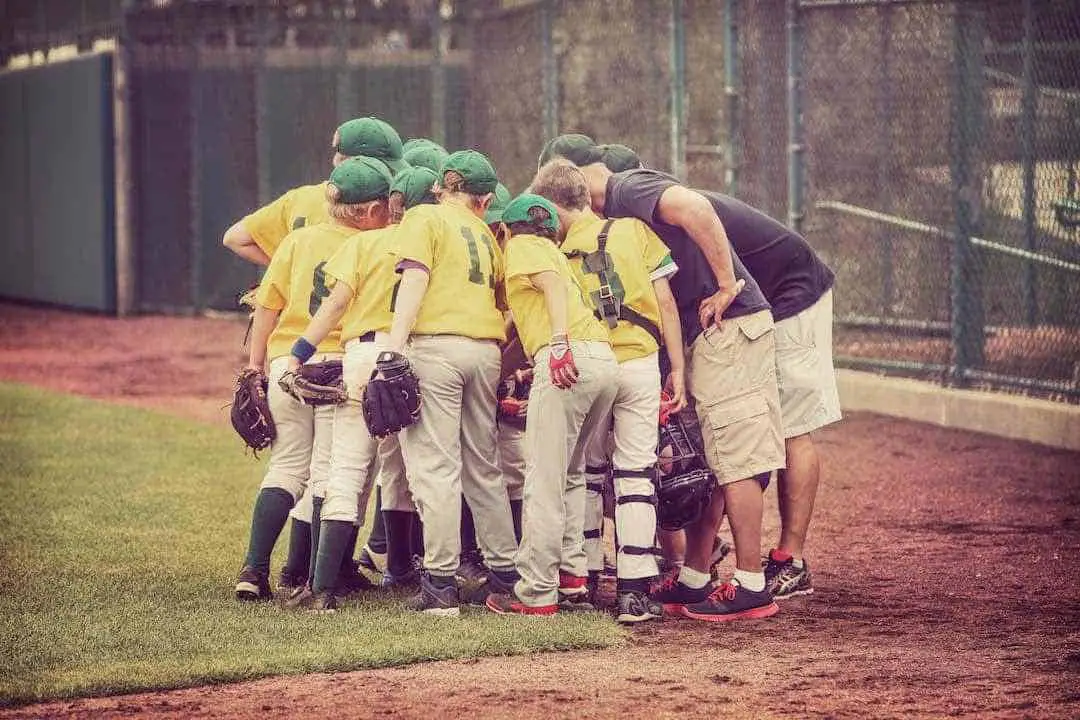Table of Contents
*This post may contain affiliate links. As an Amazon Associate we earn from qualifying purchases.
My colleague, Dr. Colleen Hathaway, and myself, participated in a podcast with David Edwards, founder of Developing Young Athletes Network (DYA). Edwards uses his digital platform to promote the development of youth athletes with the main aim of developing the “whole person”. He linked together several important ideas:
- How do youth typically get started in sport?
- What is good about being a multi-sport youth athlete?
- What mindful techniques can be helpful for younger athletes as they develop a mental game?
Most importantly, Mr. Edwards posed a central question: How do we help a young athlete develop more as a whole person?
Young Athletes: Why Do They Play Sports
Individuals get started in sport for reasons of having fun, being with friends and trying new activities. Some might get involved because of sports being part of after-school programs or community organizations. Parents also have their children try different sports to see if they like them. A study done by the Institute of Youth Sports at Michigan State University found the top 5 reasons kids play sports include:
- To have fun
- To do something they might be good at doing
- To improve their skills in a sport
- To stay healthy
- To get exercise
A “Numbers Game” for Athletes
Sports often become primarily about outcomes. Who won? Who lost? By how much? Youth athletes are aware of this numbers focus. One soccer athlete, who I will call Sam, recently commented to me that sports seem to have become about quantifying every aspect of the game. I asked her to say more. This was part of her answer.
“We lift weights and results are posted. We look at how many minutes we get to play and we look at who is the leading scorer for a team or who had the most saves. Sometimes the game doesn’t seem fun anymore.”
Her comments made me pause. I have heard the idea of losing the fun in sport from many athletes and sometimes our work together is about finding the fun again. Many athletes recall a time when they could play several sports and report that when they started focusing on just one sport the pressure increased. So what are the risks of specialization in youth sports?
Specialization in Sport and the Emotional and Physical Risks
Emotional Risks
Dan Gould is a leading contributor in the area of youth sports and he has identified environmental and personal factors that can contribute to burnout in sport. He cited perfectionism as a personal factor. Sam, the soccer athlete, mentioned this to me when she began telling me about the numbers game in her sport. She commented that it seems there was always something to be better at. She could be more lean or she could lift more or her positioning could be at a better angle. Sam wondered if she would ever be “good enough.” Her comments are an example of the type of anxiety that can develop in young athletes, especially as they attempt to hit all the right marks and even attempt to be “perfect” at their sport.
Physical Risks

According to Hecimovich, DC, and others in their article, Sport Specialization in Youth: A Literature Review, excessive athletic training can be associated with overuse and repetitive stress injuries, such as injuries to an immature spine. Adequate nutrition is also really important in the prevention of injuries. This means that coaching a child specializing at an early age in sport should include an understanding of structure and functional issues of a developing body.
Youth Athletes, Character Development, and The Whole Person Idea
Young athletes are impressionable and parents and coaches and other teammates all influence not only skill development but also self-esteem and character. Dr. Jim Loehr speaks about the need to move beyond just teaching X’s and O’s and help develop character.
Character development encompasses the concept that an athlete must develop as an overall person. The behaviors that make one great on the court also need to make one a good person off the court and visa versa. General character traits that are common are courage, self-reliance and endurance. Grit is considered a trait one might develop as overall character. Dr. Loehr encourages coaches to focus more on the character development of athletes than just the skill development. He reminds us that if we can teach young athletes life skills this is key to having a happy, healthy athlete, person and team.
So, What Are Some of the Life Skills Young Athletes Can Develop Being in Sport?

- Learning about diverse people and getting along
- Setting goals and learning to it takes time to meet them
- Coping with winning and losing
- But, learning there is more to sports than winning and losing
- Good health habits
- Pushing yourself and achieving more than you knew you could
- Getting up after making a mistake
- Helping others when they make mistakes
- Having fun
- Positive way to use time
Can Young Athletes Understand Mental Skills?
Many people ask can youth understand mental skills? This is a great question. There are multiple answers. First, learning the basic athletic and physical skills of any sport is the main focus with youth. But they will be learning mental and emotional skills whether these are directly addressed by the coach or not. They will feel scared sometimes to play in front of other people. Youth may cry if they perceive they are being yelled at or they make a mistake. Parents, coaches and teammates will be talking to them about these events. They are definitely learning to cope with difficult situations.
We teach children at very early ages to take a timeout when they are losing control. When they are crying hard we might tell them to calm down and breathe. We might teach them to take a deep breath with us as we attempt to calm them. We encourage youth to get up when they fall or fall off a bike. These are some of the same techniques we can purposely use to help teach youth to cope with nerves and hard situations in sports. But our words and how we react will be so important. They may internalize these messages. Teaching them that nerves are normal, falling is normal, feeling bad after a mistake is normal, but that we recover and keep going. How those words are conveyed is KEY. Young athletes can be very sensitive to certain words and tone so check in with the athlete and ask what she heard from you. What a coach or parent says, and what an athlete hears, can be very different. Make sure to check out the sites highlighted in this article to learn more.


